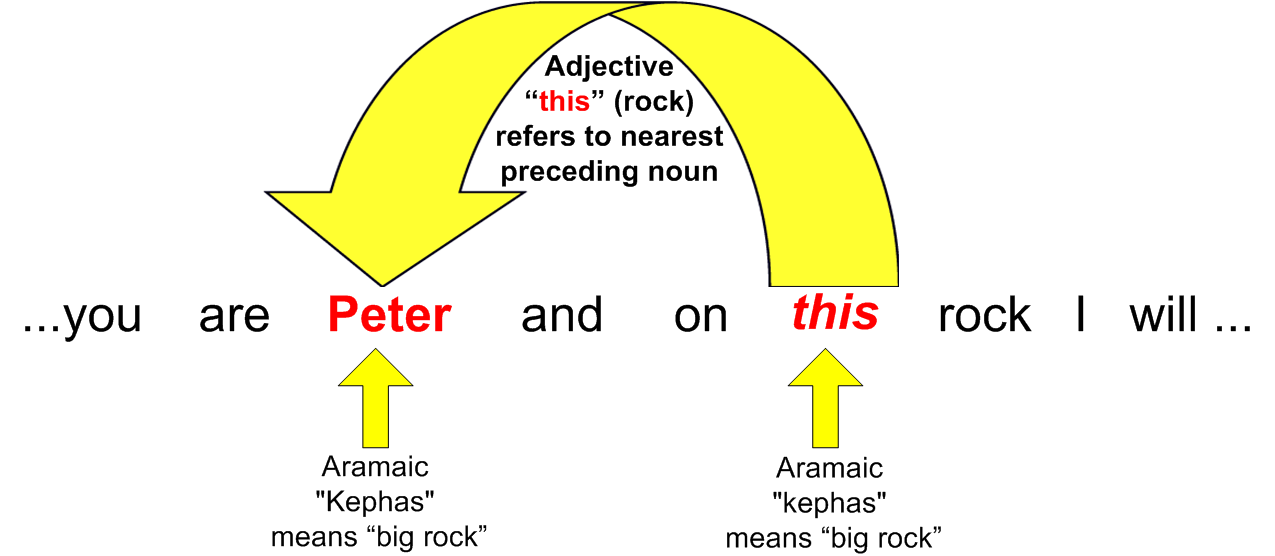F
frjohnmorris
Guest
I do not think that you understand the nature of economy in Orthodoxy. By definition economy is a deviation from the norm in the interest of the salvation of persons provided that the deviation does not violate the dogma of the Church. In the Orthodox understanding dogma deals with the doctrines concerning Christ and God as proclaimed by the Ecumenical Councils. I would have to do additional research to give a detailed answer to your question. It will take some time because I have a wedding this weekend and leave Monday for a Deanery meeting. Therefore, I will not be in my office were I keep my theological books.Father, bless.
I believe you are misunderstanding me. I realize that all marriages blessed by the Orthodox Church are considered sacramental; however, it is my understanding that the ancient Church did not bless second or third marriages. As an exercise of economy, bishops sometimes tolerated a second or third civil marriage, but such marriages were never blessed by the Church and thus not sacramental. The ancient Church, like the Catholic Church today, believed that only death could truly dissolve the sacramental bond. I would be interested in any evidence that shows the modern Orthodox practice prior to the 9th century. I realize that the modern Orthodox Church confers second / third sacramental marriages.
I am not surprised that an Orthodox wedding ceremony is recognized as valid for a Catholic. After all, the various Eastern Catholic Churches sui iuris that worship according to the Byzantine Rite (eg. the Melkites) would use a similar service. As the Byzantine form is also a Catholic form, it makes sense that no dispensation from form would be required. In the Latin Church, however, according to our canons and ancient Tradition, the exchange of vows is essential. I do not know why there is this difference between East and West but it appears to be ancient and the Catholic Church, at any rate, seems to accept the difference as one we can live with.
I personally see the Orthodox position as firmly grounded in the love, forgiveness and mercy of God. I believe that the Catholic position is too legalistic.
I am quite sure that the Orthodox position is based on a principle called the Pauline Privilege.
“To the married I give charge, not I but the Lord, that the wife should not separate from her husband … and that the husband should not divorce his wife. To the rest I say, not the Lord, … But if the unbelieving partner desires to separate, let it be so; in such a case the brother or sister is not bound. For God has called us to peace.” I Cor. 7:10-15
It has been my experience that in the case of divorce, either the man or the woman leaves the Church.
Archpriest John W. Morris

